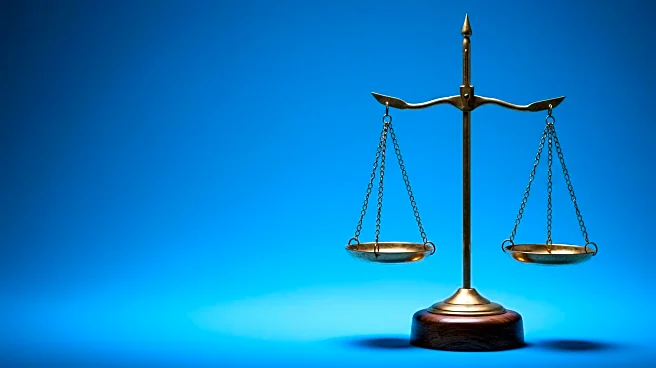What's Happening?
The regional assembly of Republika Srpska, Bosnia's Serbian entity, has voted to hold a referendum on October 25 to challenge a federal court verdict banning its president, Milorad Dodik, from public office. The decision has drawn international criticism, with the European Union and the British ambassador to Bosnia condemning the move as contrary to the rule of law. Dodik was convicted earlier this year for defying decisions by the international envoy enforcing Bosnia's peace deal. Despite the conviction, Dodik has vowed to block elections and hold referendums, including one on the court ruling.
Why It's Important?
This development poses a significant challenge to Bosnia's fragile political stability and the authority of its central government. The referendum could exacerbate tensions between Republika Srpska and the central government, potentially destabilizing the region further. The international community's response underscores the importance of upholding judicial decisions and maintaining the rule of law. The situation highlights the ongoing challenges in post-war Bosnia, where ethnic divisions and political disputes continue to threaten peace and stability.
What's Next?
The international community, including the EU and other stakeholders, may increase diplomatic efforts to prevent the referendum and ensure compliance with the court's decision. The situation could lead to further political and legal confrontations within Bosnia, with potential implications for regional stability. The outcome of the referendum, if held, could influence future political dynamics in Republika Srpska and Bosnia as a whole.









